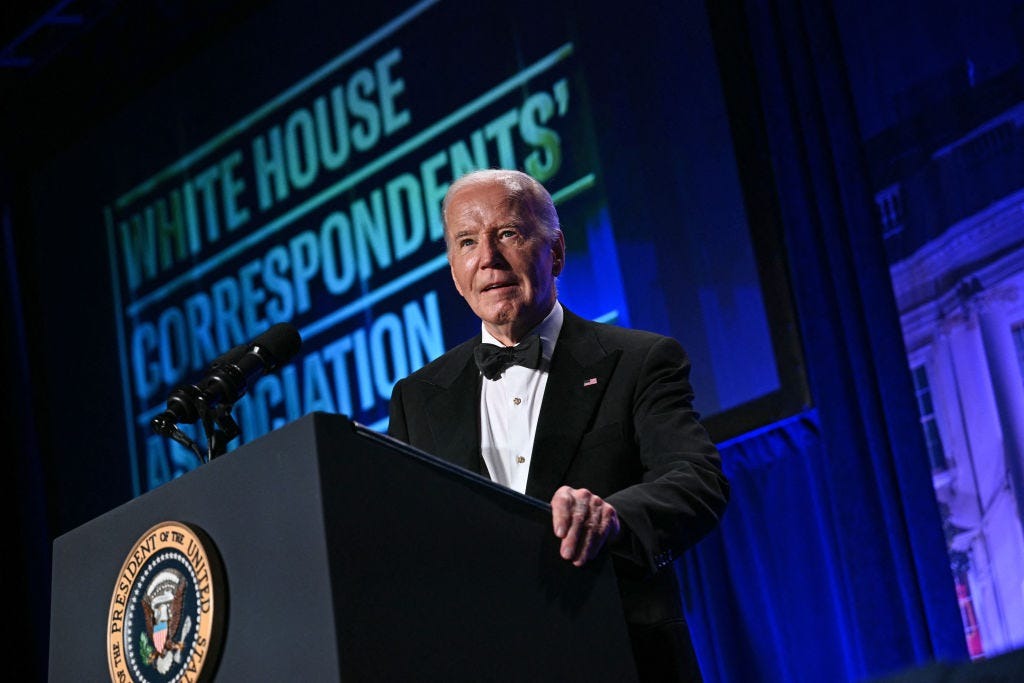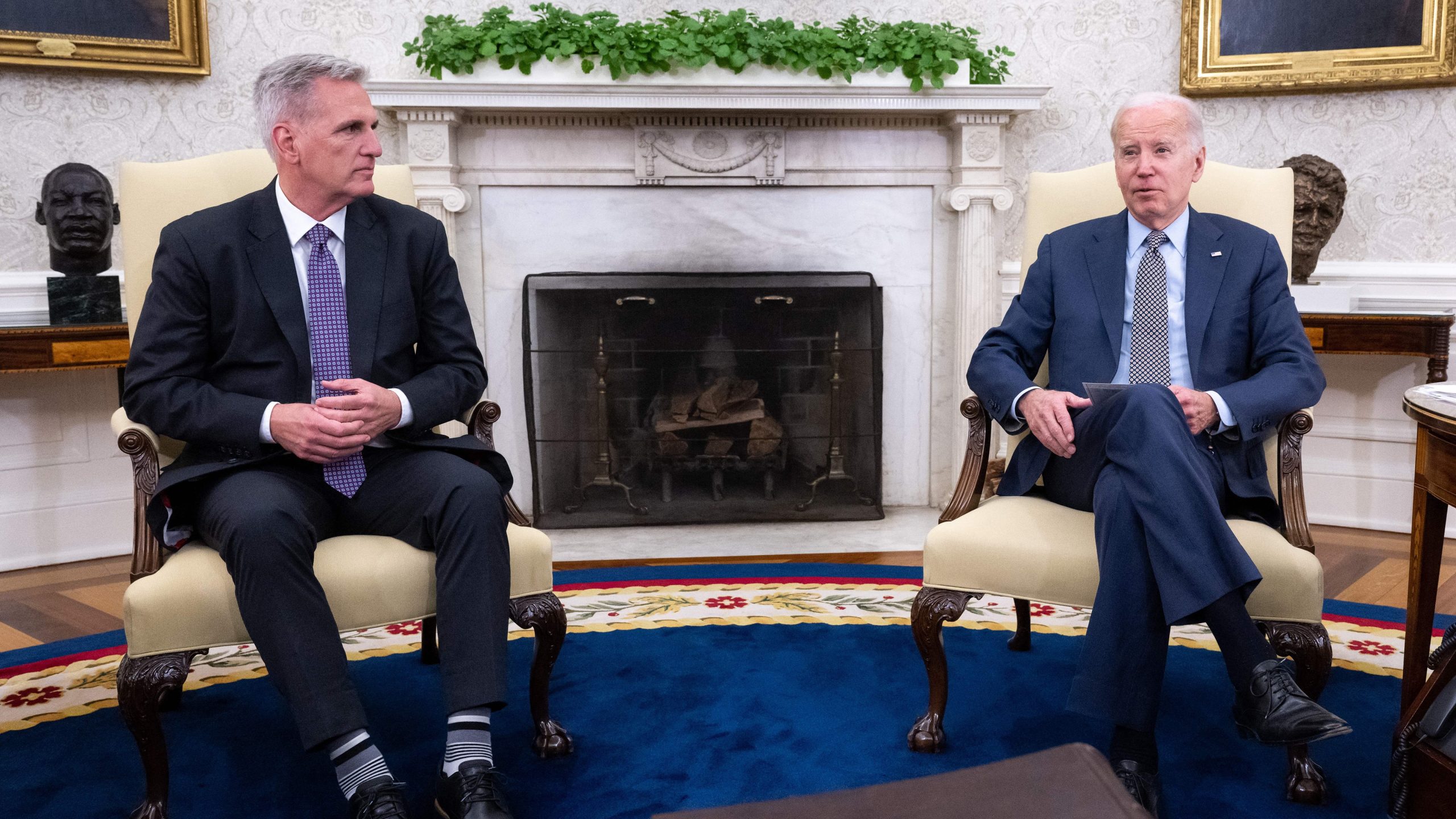The White House Council on Environmental Quality (CEQ) has finalized a rule aimed at streamlining the environmental review process under the National Environmental Protection Act (NEPA).
This rule, which was part of an agreement in last summer’s deal to increase the federal debt ceiling, creates new methods for the federal government to establish a categorical exclusion.
These categorical exclusions are the speediest category of decisions in the permitting process, as they refer to cases where the government has determined that projects do not affect the environment enough to require an environmental review.

The additions in the final rule include allowing joint categorical exclusions between multiple agencies, which will help to improve efficiency and coordination across different government departments.
The final rule also includes provisions to improve community engagement in the environmental review process, undoing a 2020 Trump administration rule that critics have said imposed excessive hurdles for public comment during the process.
This will help to ensure that local communities have a greater say in the decision-making process and that their concerns are taken into account.
The rule eliminates provisions of the 2020 rule that the Biden administration CEQ said “attempted to curtail judicial review” of permitting decisions. This will help to ensure that the environmental review process is transparent and accountable, and that decisions can be challenged in court if necessary.
According to CEQ Chair Brenda Mallory, “President Biden has unleashed historic investments to build our clean energy future, make long-overdue infrastructure upgrades across the nation, and deliver benefits to communities that have been historically left behind.”
She added that “these reforms will deliver smarter decisions, quicker permitting, and projects that are built better and faster. As we accelerate our clean energy future, we are also protecting communities from pollution and environmental harms that can result from poor planning and decision-making, while making sure we build projects in the right places.”

Environmental groups have praised the Biden administration for the final rule, saying it restores enforcement strength to NEPA that had been previously rolled back. Christy Goldfuss, executive director at the Natural Resources Defense Council, stated that “meaningful community engagement is the key to unlocking our clean energy future.
It leads to better projects that face less opposition on the back end.” She added that “we do not have to sacrifice environmental justice, community safeguards, public health, or environmental protections to fight climate change and build the clean energy economy we need.”


